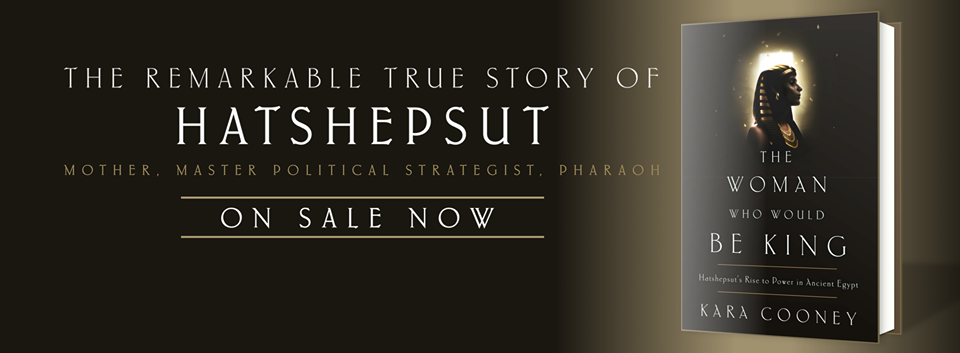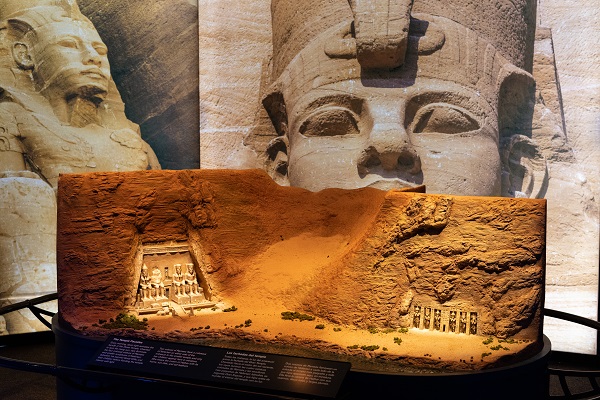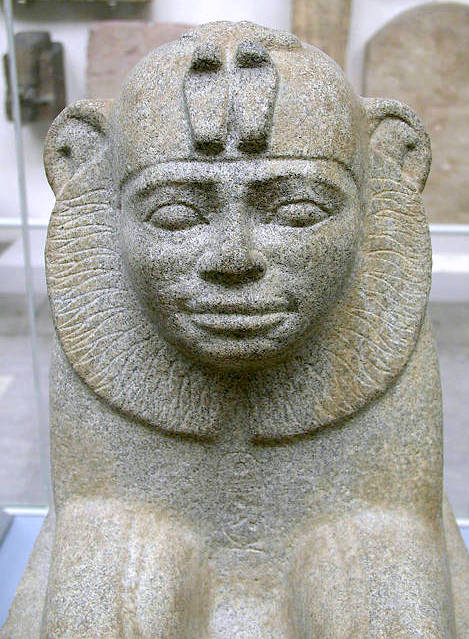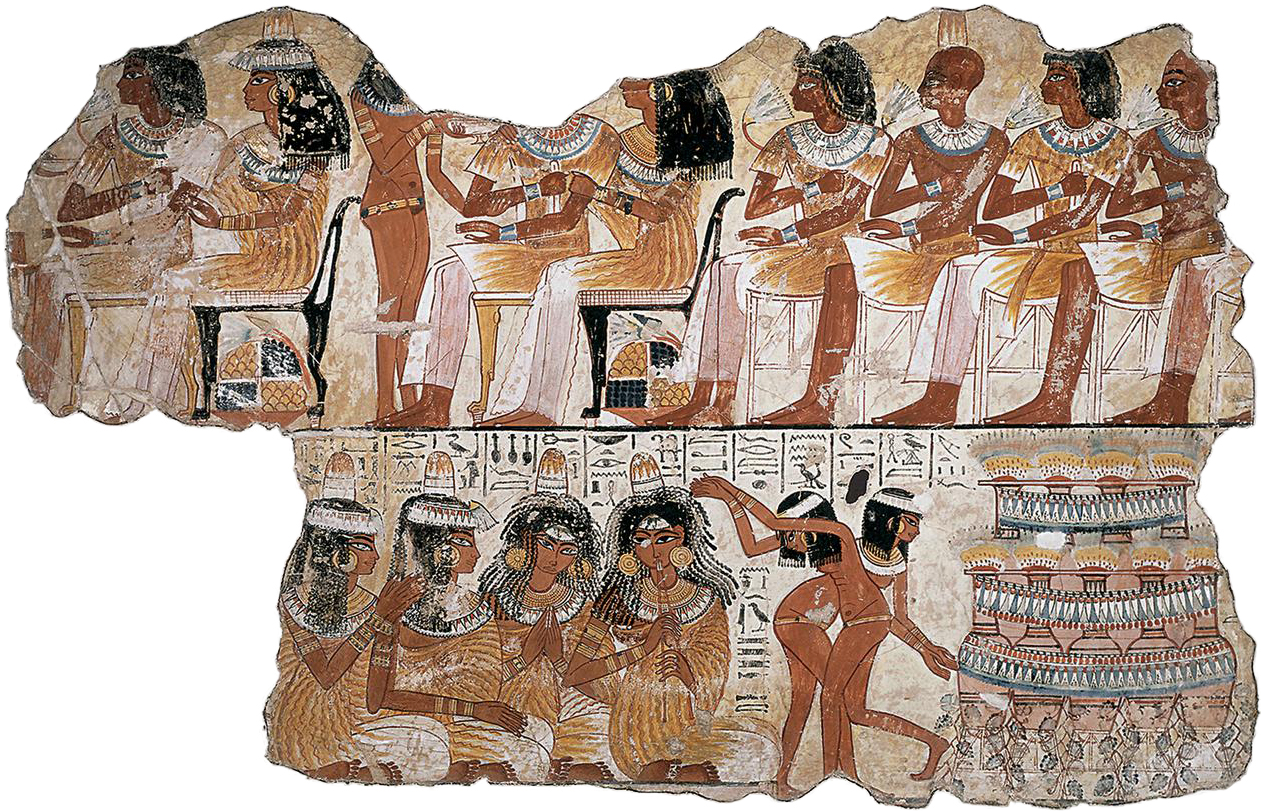Throughout history, women in power have been the target of hostility, violence and mistrust. But why? What makes female leadership so objectionable?
Egyptologist Dr. Kara Cooney and Houston native searches for the answer in her new book, The Woman Who Would Be King: Hatshepsut’s Rise to Power. Cooney returns to the Houston Museum of Natural Science Tuesday, Aug. 4 to present a lecture that examines female power and politics throughout the ancient world.
The first great female ruler, the pharaoh Hatshepsut, rose to occupy the throne as a cross-dressing king. Her journey was fraught with political intrigue and maneuvering. It took a trauma or a crisis to spark her ascent, and during her rule, she was surrounded by male advisers.

Hatshepsut, the fifth pharaoh of the eighteenth dynasty of Egypt, who came to the throne in 1478 BC. Flickr Creative Commons.
“Hatshepsut is a case study for me,” Cooney said. “She was one [incredibly powerful] woman whose circumstances put her into a tenuous and difficult position where it was demanded of her to take on more power. Maybe people pulled strings for her.”
Without men, Cooney said, Hatshepsut never would have been able to achieve her title. In that respect, her story symbolizes the central problem in male-dominated cultures — the suspicion of women’s motives.
“It creates a pattern, bringing up all the other women in power,” Cooney said. People know Cleopatra, whose names rolls off the tongue, but she was ultimately a self-interested and ineffective ruler. “No one knows Hatshepsut. She left her country at the end of her rule better than when she came. We have a hard time with successful females, but we love to talk about their failures.”
The Egyptians of her time attempted to redact Hatshepsut’s rule as pharaoh from their history. For reasons still under debate, her nephew and successor, sent men with chisels to carve out her images from monuments 20 years after her death. Egyptologists are attempting to explain whether this act was also a political decision.
“He waited a good two decades before he started to destroy these statues and monuments, but when he did, he went after the statuary with ferocity,” Cooney said. “This doesn’t seem to be an act of hatred; it seemed like more of a calculated act. He doesn’t remove her images as queen. He removed them as king. When she takes the aberrant step forward as a kingly ruler, that didn’t bode well.”
In her book, Cooney attempts to fill in the gaps in Hatshepsut’s history with responsible conjecture. The story isn’t historical fiction, like that of Jean M. Auel, who wrote the Earth’s Children series. Cooney cites Auel’s work as formative to her approach to writing about the past, but The Woman Who Would Be King is more an effort of “archaeo-ontology,” taking educated leaps to theorize about a real person and her ancient society.
“How would she approach the problems before her? How would she approach getting more power, keeping power, dealing with certain officials? There’s a tremendous amount we don’t know, but she was able to do it somehow,” Cooney said.
“Every human has emotions, desires, wants, dislikes. We’re more alike than dissimilar. Here was a high elite, an educated woman maneuvering within the halls of ancient Egyptian power. We can make reasonable guesses about what she may have done and how she engineered her future. The same way a paleontologist can look at Lucy’s fossils and think about the challenges she had, we can take what we know about our emotions today and come up with some sort of story.”

Cooney on location in Egypt. Discovery Communications.
Cooney grew up in Houston, where she attended Memorial High School. She presents at HMNS often, preferring informative talks with the public to TV appearances. She produced the Discovery Channel series Out of Egypt, a comparative archaeology series which took her around the world to ask broad questions about society and its link to the distant past. The series is available on Netflix and Amazon. Now, as Associate Professor of Egyptian Art and Architecture at UCLA, she teaches about feminism through the lens of women in power in the ancient world.

Dr. Kara Cooney, Egyptologist, Associate Professor of Egyptian Art and Architecture at UCLA, and author of The Woman Who Would Be King. Photo by Mikel Healey.
“I tell them in the beginning, ‘Look, I’m not here to write a revisionist feminist history. I’m here to help you see how it’s unfair. I’m here to help you see how we can transcend this,’” Cooney said about her students.
Tickets for her lecture and book signing are available online. Tickets $18, Members $12.










